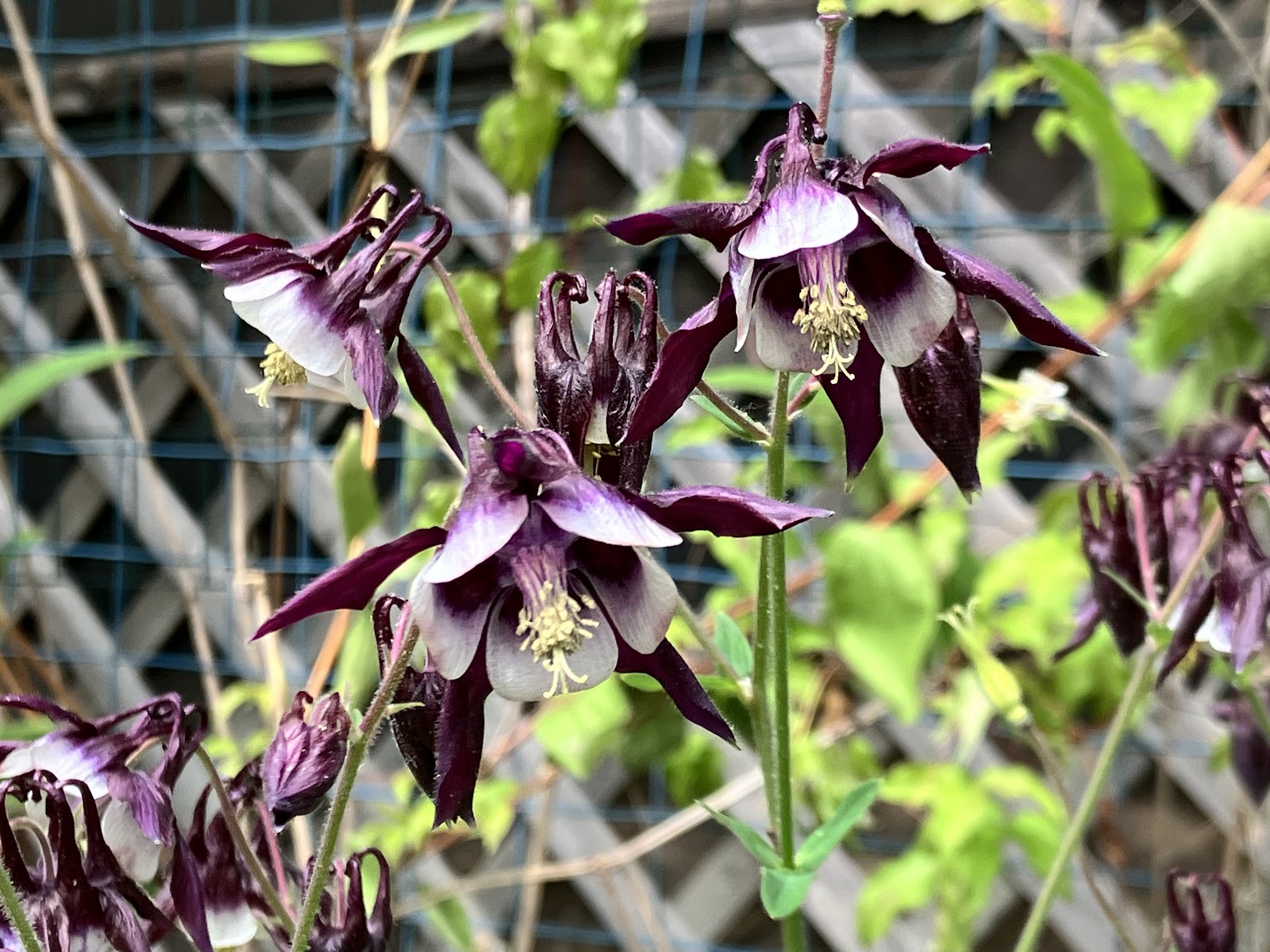Bright Star
A fellow Aikido practitioner noted in his blog that many famous teachers have impressive demonstrations featuring powerful throws. Needless to say, these instructors are very experienced and skilled. Yet, they all share something in common, which is critical for a spectacular demonstration -- they have very good ukes.
Most of the times, when people watch a great technique being demonstrated, they tend to give the credit to the nage (the thrower) and forget about the uke (the attacker). Without the uke, there cannot be the nage. The star of the show is actually only half of the equation. If the uke is incapable of handling the techniques, the demo ends very quickly. After one throw, we are off to call the ambulance. How much the nage can show, really, is limited by how much the uke can take.
Aikido is not a performance art. Nevertheless, the two have a lot of similarities.
An Aikido instructor seeks to express themselves through movements and touch. In addition to perceiving through watching like a spectator, the students get to receive a direct communication from the teacher. Because Aikido is an interactive art form, the instructor cannot do it alone. The students are essential collaborators in the process.
Most students go to a dojo to learn from a particular teacher because his message and "voice" resonate in them. In this sense, students are like the patrons for an artist. Without them, there would not even be a dojo. What, then, is the meaning of the existence of the instructor? Just like nage and uke, a teacher is not a teacher without students.
In addition to supporting a dojo like patrons, appreciating the instructor like fans, and helping with demos like supporting actors, students are also helping to realize the instructor's vision of spreading and perpetuating the art. The students are the ones to carry the torch forward. They are the future of Aikido.
At a recent practice, I expressed my gratitude to students who were present. They have been doing all of the above for me. While I am the one leading the class, honestly, they have taught me no less than what I manage to teach them. They give me meaning and bring me joy. They make me feel very fortunate.
At the 31st Hong Kong Film Awards ceremony, Deanie Ip, a woman actor/singer performed a song medley, which started with a monologue, expressing the sentiments of an artist.
Watch [Deanie Ip's Performance at Hong Kong Film Awards]
Here is a loose translated summary of the monologue: "If you find the songs I sang, the scenes I acted awesome, it was all because of you. You allow me to be true to myself and expressed myself. Without you shining light into my world, how could I ever look so bright? Without your appreciation, my songs and acting would be rendered meaningless. You were always there to support me. While I am supposed to be entertaining you, I am actually the one having the most fun and joy. The only thing I can do is to express my gratitude through this song."
Deanie went on to sing a very touching song, which is one of my favorites, titled "Bright Star".
"When you saw stars in the sky, did you think of me?" she sang.
Her fellow showbiz workers in the audience were singing along as they wiped their tears.
The song closes with the line, "When you look at the brilliant galaxy, please remember me in your heart."
And I was crying, too.



Comments
Post a Comment